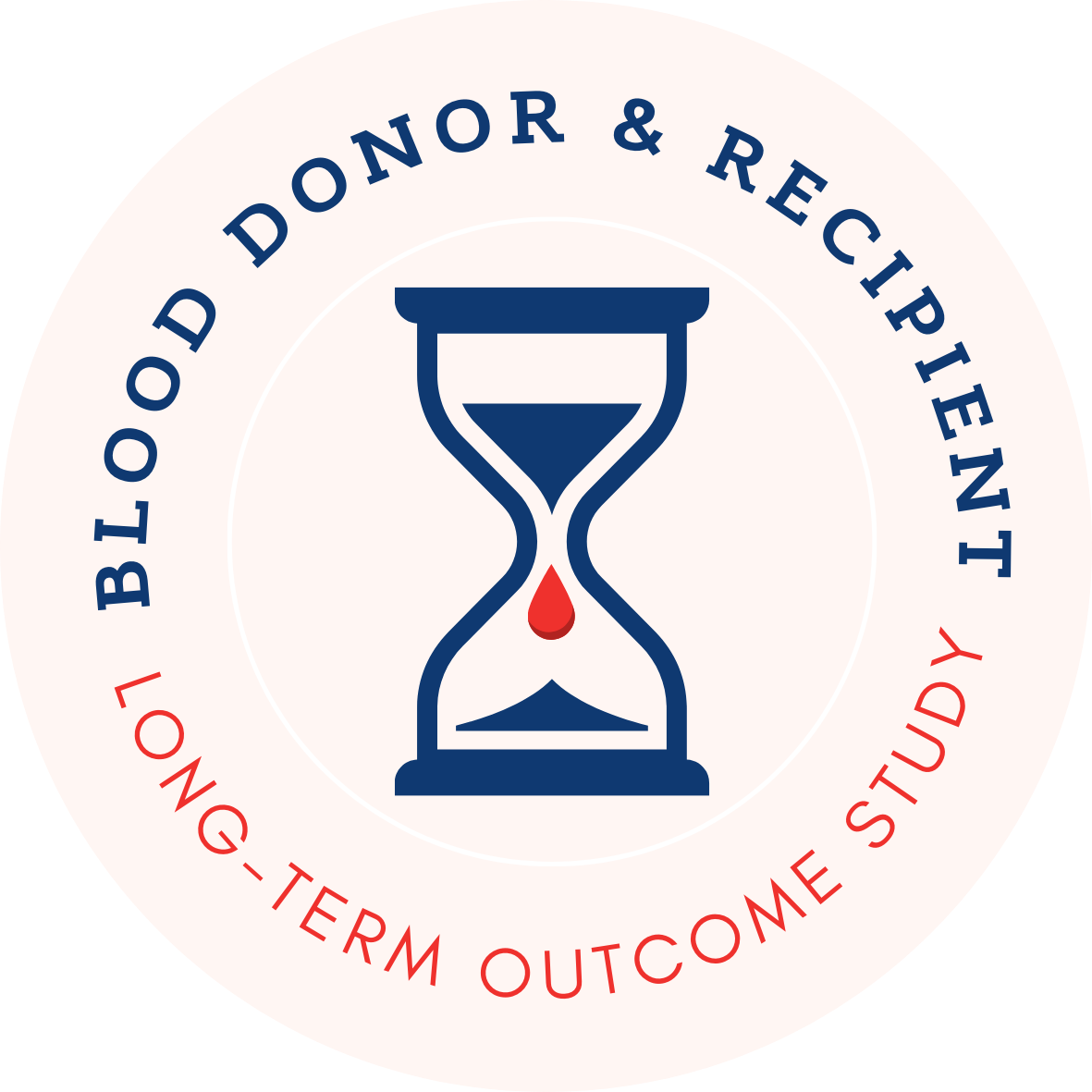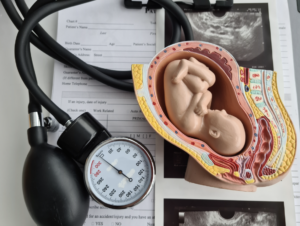
Viscoelastic haemostatic assays to guide therapy in elective surgery: an updated systematic review and meta-analysis
Anaesthesia
We conducted an updated systematic review and meta-analysis to evaluate the clinical efficacy of using viscoelastic haemostatic assays (VHA) to manage perioperative bleeding in elective surgery. We searched PubMed/MEDLINE and Embase databases for randomized controlled trials, ultimately including 20 studies with 2,405 participants undergoing cardiac, liver, or orthopaedic surgery. Twelve studies used thromboelastography-based transfusion algorithms, while eight used thromboelastometry. We assessed primary outcomes including blood product requirements, duration of stay, and surgical reintervention rates.
Main Outcomes
- Red blood cell transfusion: VHA-guided therapy reduced RBC transfusion (SMD -0.16, 95% CI: -0.29 to -0.02, p=0.02)
- Platelet transfusion: Significant reduction with VHA guidance (SMD -0.33, 95% CI: -0.56 to -0.10, p=0.004)
- Fresh frozen plasma: Marked decrease in FFP requirements (SMD -0.64, 95% CI: -1.01 to -0.28, p<0.001)
- Clinical outcomes: VHA-guided therapy associated with lower blood loss, shorter ICU stay (SMD -0.18, p=0.04), and shorter operating theatre duration
- No effect on: Surgical reintervention rate (RR 1.09, 95% CI: 0.70-1.69), total hospital stay, or all-cause mortality
Limitations
- Study heterogeneity: Different VHA algorithms and devices used across studies, contributing to data heterogeneity
- Limited scope: Nearly all studies focused on cardiac or liver surgery, with only one orthopaedic study
- Risk of bias: Overall risk ranged from low to moderate, mainly related to randomization and blinding difficulties
- Single-center design: All included studies were single-center randomized controlled trials
Conclusion
Viscoelastic haemostatic assay-guided therapy effectively reduces perioperative blood product transfusion requirements and blood loss during major elective surgery, particularly in cardiac and liver procedures. While no discernible effects on patient-centered outcomes like mortality or reintervention rates were observed, the reduction in allogeneic blood product exposure represents an important achievement in patient blood management. Future multicenter studies with standardized VHA protocols across broader surgical settings are needed to strengthen the evidence base and evaluate long-term outcomes including cost-effectiveness.
Cite
Dias JD, Levy JH, Tanaka KA, Zacharowski K, Hartmann J. Viscoelastic haemostatic assays to guide therapy in elective surgery: an updated systematic review and meta-analysis. Anaesthesia. 2025;80(1):95-103. doi:10.1111/anae.16463
Reticulocyte Hemoglobin Content: A New Frontier in Iron Deficiency Diagnostics for Major Surgical Patients










